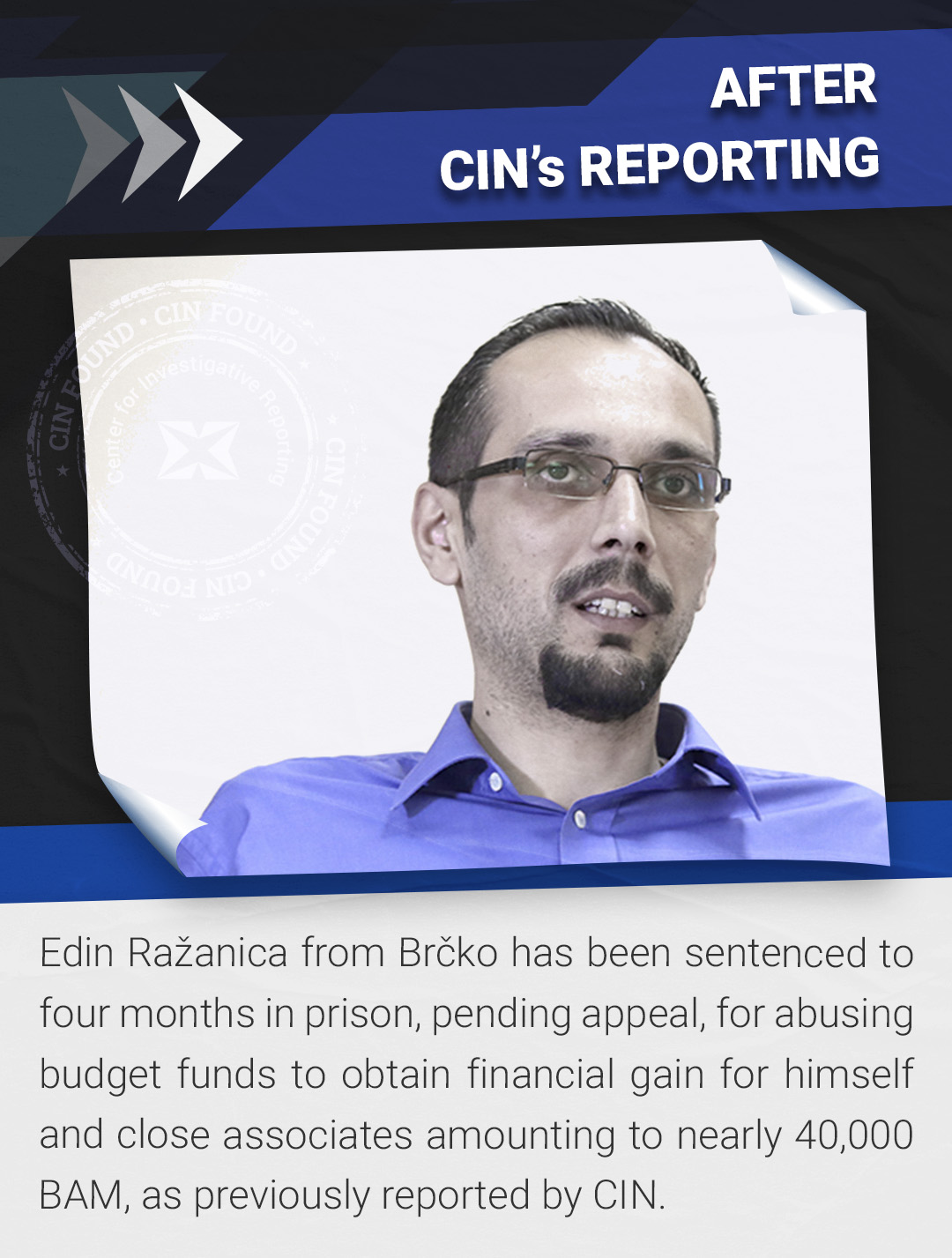Bosnia and Herzegovina (BiH) government agencies did not use the majority of their budget reserve funds to finance response to emergency and unanticipated events as the law calls for. Instead, more than 7.5 million KM of 10 million KM was spent on normal operating costs, including salaries and employee benefits.
“Instead of using the money to combat and reduce the effects of natural disasters or finance, BiH government institutions paid their running costs with it… BiH institutions are getting into the habit of using liquid reserve funds to finance current activities,” wrote the auditors .
Budget reserve is a term used for money earmarked in the budget for emergency and unanticipated events, for things like international litigation, financing new institutions and grants to non-profit organizations. The BiH Council of Ministers approves the reserve which is supposed to be a liquid source of ready money, while its chairman and two deputies have discretion to spend 4 percent of the reserve on “immediate assistance” that requires no call for applications. No one is held accountable for the way such funds are spent.
During 2012 and 2013, more than 10 million KM in budget reserve was spent. Out of this more than 7.5 million KM went toward regular operational costs of BiH government agencies. Some 150,000 KM was spent on a helicopter for dousing fires in 2012.
Apart from financing agencies, the reserve, auditors said, has been used without any particular criteria to support citizens associations, sport clubs, faith-based and humanitarian organizations, individuals, media and lower-level government agencies. These received more than 2 million KM in the past two years, out of which 700,000 KM went to lower level agencies and nearly 570,000 KM to faith-based and humanitarian organizations.
The Council of Ministers announced recipients and amounts given in resolutions, but often without describing the purpose for which money was to be spent. The office of the chairman and his deputies told the auditors that they have discretion in allocating these funds.
Auditors cited the writing of the Center for Investigative Reporting (CIN) in Sarajevo on the budget reserve spending. At the end of 2013, CIN published a database on reserve spending at the state, entity and cantonal levels.
CIN’s investigation showed that Council of Ministers leaders spent more than half million KM earmarked for emergency and unanticipated events on individuals, including party colleagues, cousins and neighbors between 2010 and 2013.
Auditors have emphasized the lack of controls and accountability on the use of liquid reserves, both on the side of the agencies as well as the individuals who received the budget money.
“The lack of checks and balances as well as bad or non-existent reporting on the effects of the grants have created conditions for non-transparent and misspending of liquid reserve funds,” said their report.







